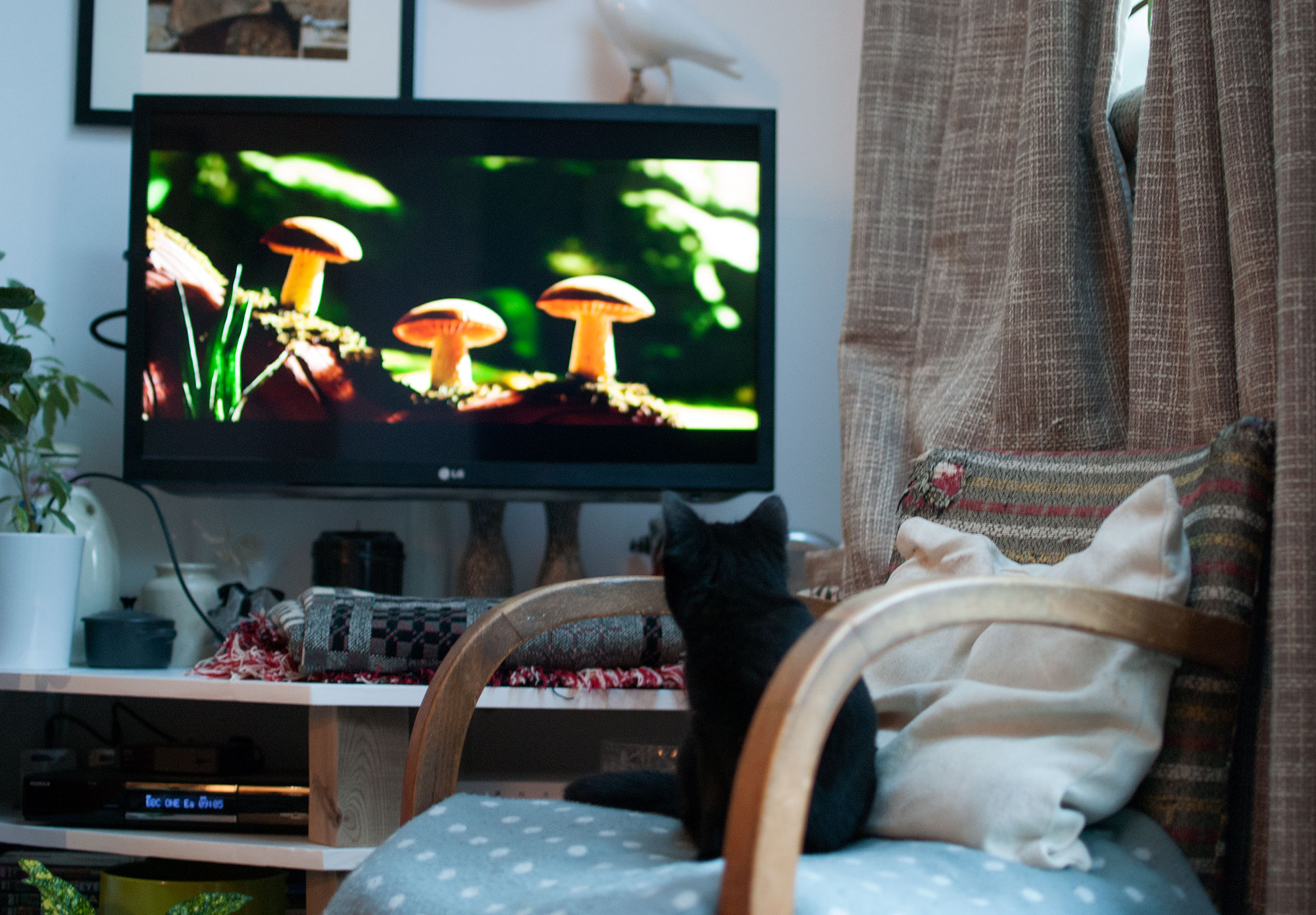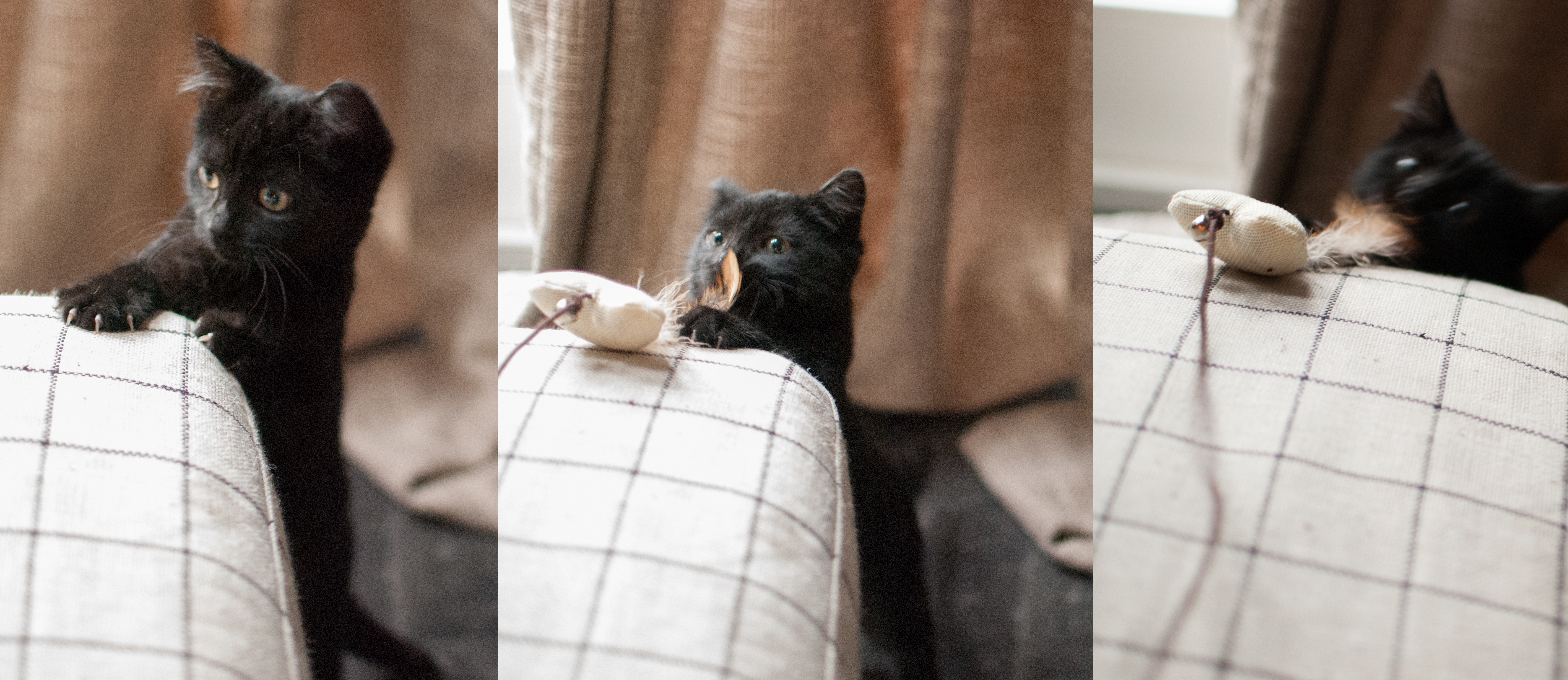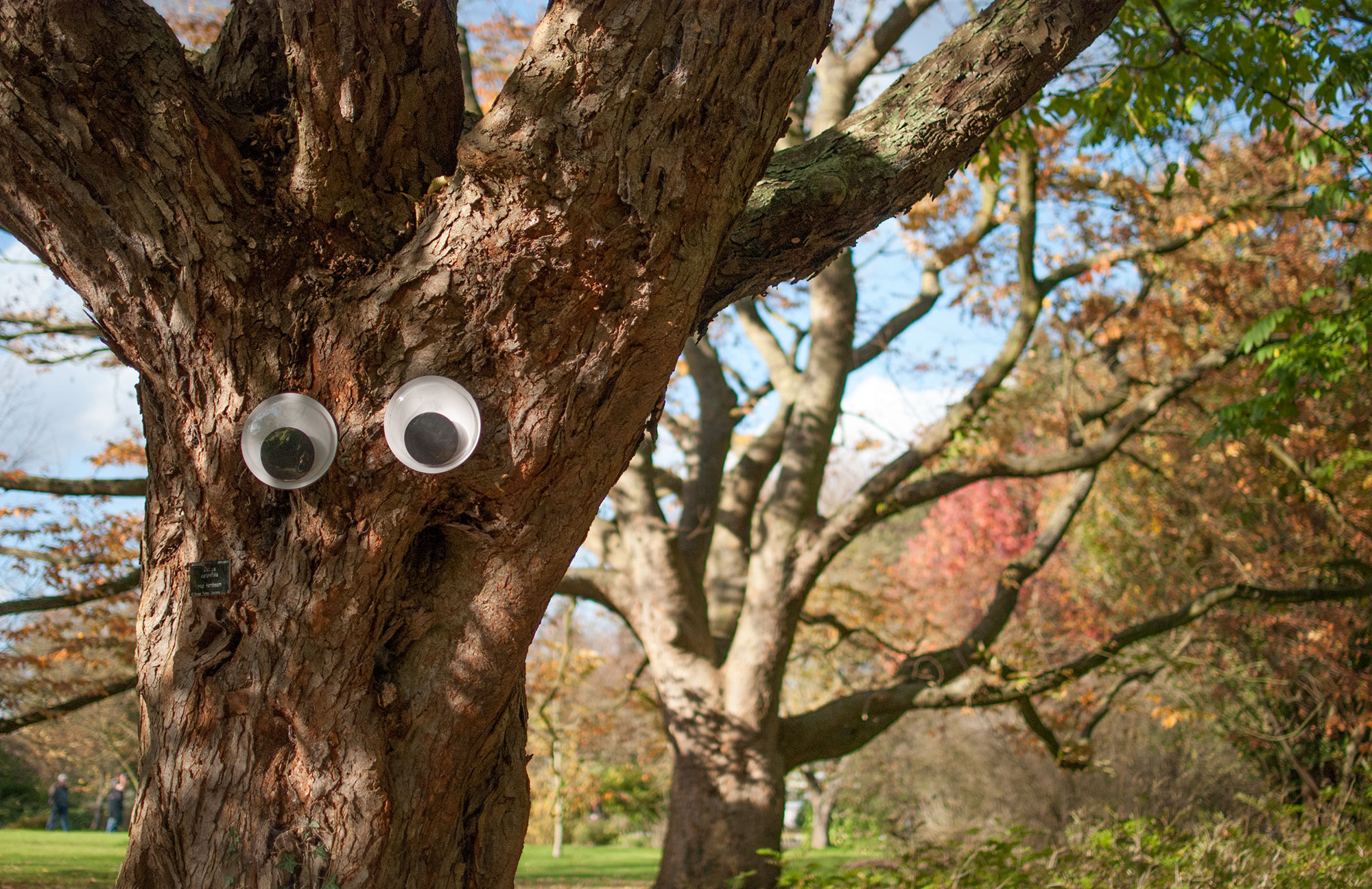We’ve made it through the holidays.
Hurrah!
This post might seem long but it’s kind of all connected.
This post will be looking at how we might think a bit differently about aspects of ourselves by becoming more aware of the role of dopamine. You may have noticed from my somewhat nightmarish vision of christmas decorations and my language that I don’t relish the season we’ve now turned our back on. I’m preferring instead to embrace all that a New Year can bring. I don’t think I’ve ever been considered the life and soul of a party but that’s ok with me.
- lacking drive?
- low on motivation?
- finding it hard to engage and live life fully?
All of the above could describe what I’ve always felt was part of my ‘nature’. Since signing up to 23andme (previous mentions of it here, here and here). I’m beginning to see that the chemistry lab in us all is shaped by our genes and so an impaired neurotransmitter production here and utilisation issue there might explain me sometimes preferring a good book to a good party.
I’m finding out the bits of me that don’t work as well as they could and realising my inner curmudgeon might in part, be thanks to the chemistry lab.
Many of the posts on this site are about investigating how to make life a little better. Sugar’s not come out smelling of roses on these pages. I’ve not been able to find anything good it can bring to the table apart from cake which we all know is really nice (for birthdays and very special occasions).
Having indulged in various sugary confections over the holidays I’m eager to get started on reducing the sugar again and getting back to a simpler way of eating. I talked about noticing the difference here but got a little distracted from my sugar free desires by birthday cake!
I found out something which might stiffen my resolve when it comes to the sweet stuff.
23andme analysis has thrown up some interesting things about dopamine in me. There are ways to protect what we have and get more, naturally. Finding I’m low in/poor at using this stuff through having wonky vitamin Dreceptors could answer an awful lot of questions about my behaviour in years past and the actions of a reformed sugar addict when relapsing with (gluten free) mince pies in recent weeks.
A diet high in sugar can wear out the dopamine receptors which can make what dopamine there is in the system less useful again.
One thing I’ll definitely be continuing with is supplementing with phospholipids over and above the
- krill oil I take daily. I also started, back at the beginning of December taking two teaspoonfuls every morning of
- Empirical Labs Phospholipid Complex. I bumped into this site whilst researching the stuff.
Go to about halfway down the NCBI post, The US National Centre for Biotechnology Information (better known as the reliable and often cited PubMed) for studies on depression, improvements in coping with stress as well as repairing brain matter. It really seems to be a wonder substance. It has a consistency a bit like bitumen or treacle (for its stickiness not sweetness). When I first started I thought it could waterproof the hull of any nearby boat. It helps strengthen the edges of all our cells not just those in the brain.
I think I feel… less… wobbly? Like I’m more in charge of keeping my body under control (both mentally and physically). I feel less prone to overbalancing whilst standing completely still. I thought this increased stability may have come from reducing a candida overgrowth since Septembe but the stability’s still there even after struggling to reduce my sugar consumption since a sugary christmas. more to follow on this struggle in another post.
Whatever caused the improvement I’m happy about it and whilst it would be nice to treat my body as an experiment and only change one variable at a time I also don’t want to hang about getting myself well.
After reading the US Pubmed post I’m going to make sure I never run out of this phospholipid complex ever again!
I think it’s fascinating the many and varied roles dopamine plays, including
- brain function,
- metabolism,
- energy production aswell as affecting mood as mentioned at the top of this post.
The role that phospholipids seem to play in our harvesting of dopamine I’ve only just scratched at the surface of. You can perhaps tell I still have a lot more reading to do on the subject but thought I’d share this burst of enthusiasm with you!
There are so many possible suspects involved in us not feeling our best. I’m choosing to see the addressing of potential problems as a challenge to be entered into with curiosity and an open mind.
New Year’s resolutions are for the birds, feeling better is a lifelong undertaking (albeit taking in a few duvet days along the way). Cutting ourselves some slack/being kind to ourselves is just one way to get the best for and from us.
I hope, with a return to low sugar food in my diet and a regular intake of healthy fats I will achieve weight loss , my pre christmas energy levels and will have no need to make this noise.
happy New Year.










